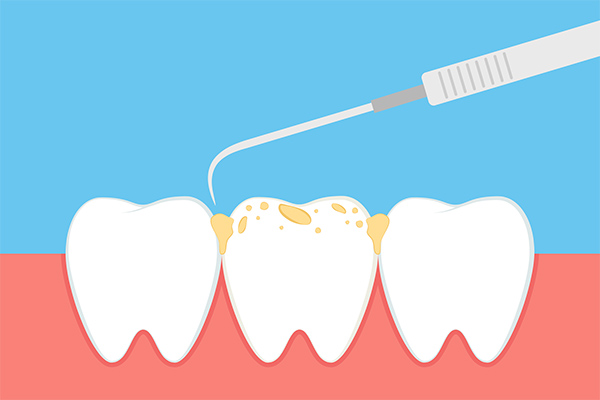 Plaque and tartar are two things that lead to the most common dental issues a periodontist can treat: tooth decay and gum disease. The teeth have an outer layer called the enamel that is the hardest part of the body. Designed to handle a lot of wear and tear, it protects a tooth's more delicate inner layers from acids made by oral bacteria.
Plaque and tartar are two things that lead to the most common dental issues a periodontist can treat: tooth decay and gum disease. The teeth have an outer layer called the enamel that is the hardest part of the body. Designed to handle a lot of wear and tear, it protects a tooth's more delicate inner layers from acids made by oral bacteria.
Bacteria in the mouth feed on sugars left on teeth surfaces, forming a sticky film called plaque. Plaque causes the sticky feeling in your mouth in the morning. The more sugars are in your mouth before going to sleep, the stickier your mouth will feel when you wake up. You have probably noticed that on your own over the years.
Let us take a detailed look at tartar and plaque to better understand how they promote oral health issues such as gum disease and tooth decay.
Plaque
As previously mentioned, plaque is a sticky film created by oral bacteria. It houses the bacteria that make it and the acids they produce — the acids inside plaque damage teeth, leading to tooth decay. Plaque can make its way below the gum line, infecting the tissues there. It hardens into tartar when left on teeth for a few days, which creates additional issues.
Plaque can be removed by brushing and flossing. Its formation can also be minimized by limiting the consumption of sugar-rich foods.
Tartar
Tartar is what plaque turns into when left on teeth for prolonged periods. Tartar gives teeth a yellow tint, and it houses bacteria and the acids they produce – just like plaque. However, brushing or flossing does not affect tartar deposits. Instead, a periodontist removes it with a scaler during teeth cleanings. This allows tartar to build up on teeth between dental visits regardless of how well a person cleans their mouth. Therefore, good oral hygiene only helps minimize these deposits, while teeth cleaning is needed to get rid of them.
Tartar can make its way into gum pockets, leading to gum disease as the immune system tries to fight off the bacteria in it.
Preventing tartar and plaque buildup on teeth
Simple things anyone can do to remove plaque from their teeth and minimize the accumulation of tartar deposits include:
- Brushing twice and floss once daily
- Always clean the tongue when brushing
- Use tartar-control toothpaste to minimize tartar buildup
- Use an antibacterial mouthwash to reduce bacteria in the mouth
- Visit a dentist twice a year to get teeth cleaned
- Consume less sugar-rich foods and beverages
- Drink lots of water
It starts with prevention
The less plaque and tartar you have on your teeth, the lower your risk of developing gum disease and tooth decay. Give us a call or visit our Ventura clinic to set up an appointment with our periodontist.
Request an appointment or call Brighton Specialty Dental Group at 805-644-5284 for an appointment in our Ventura office.
Related Posts
Periodontal disease affects millions of adults in the United States and necessitates a visit to the periodontist. Gum disease can cause tooth loss, which can lead to other health problems. Regardless of the condition's prevalence, it must be adequately treated because of its potential severity. It has no age or gender restrictions and can affect…
A periodontist’s view on gum disease can make you improve your oral care. Gum disease can spread to the surrounding teeth. It can also reach deep into the jawbone. This will lead to tooth loss. If you want to know more about how gum disease affects your jawbone and teeth, here are the details from…
A periodontist can help to reverse or manage gum disease. Medically termed periodontal disease, gum disease is an infection of gum tissues caused by oral bacteria. These microorganisms feast on sugars from foods and beverages consumed, and they form plaque.Plaque is a sticky film that coats teeth and gum surfaces, and it creates the mushy…
